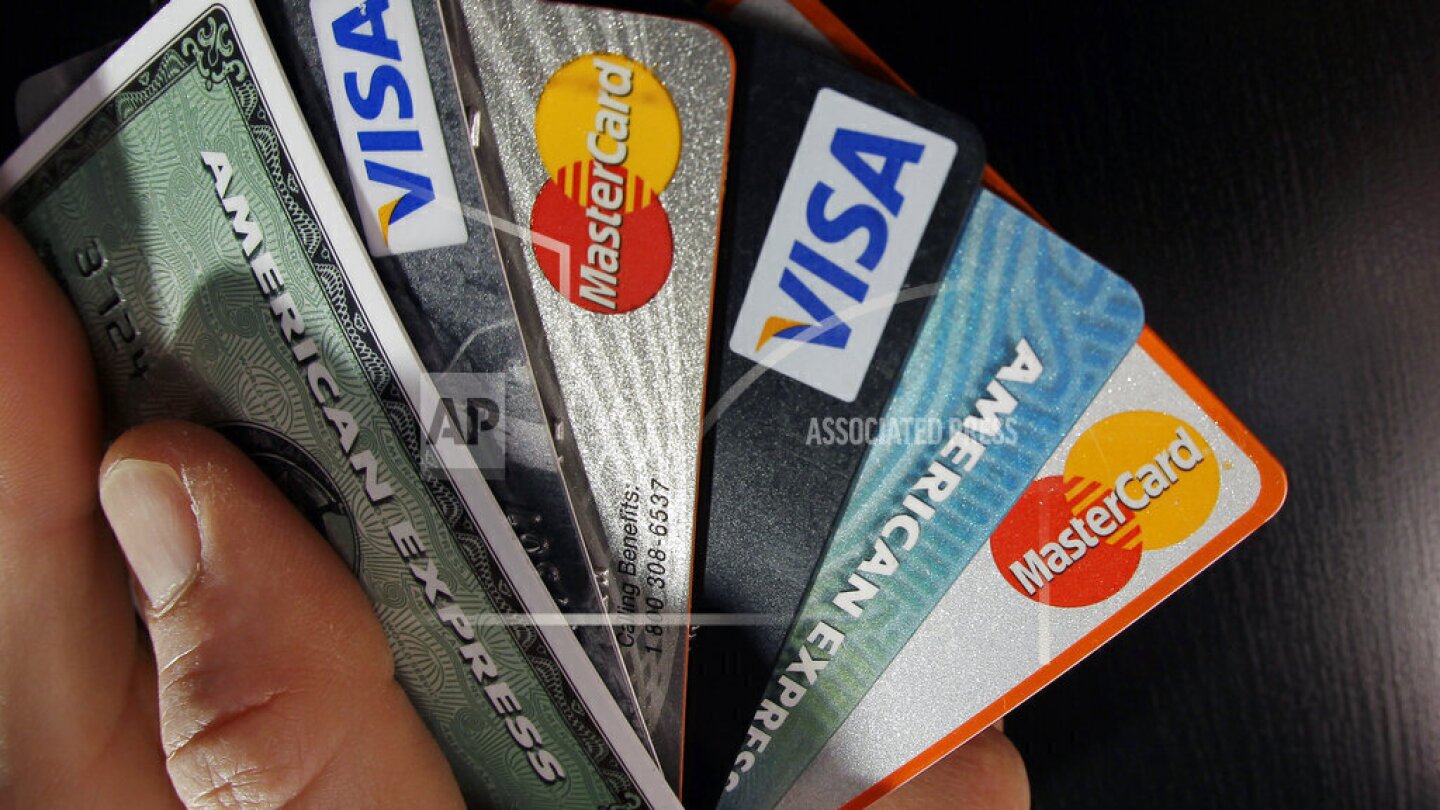The cost to overdraw a bank account could drop to as little as $3 under a proposal announced by the White House, the latest effort by the Biden administration to combat fees it says pose an unnecessary burden on American consumers, particularly those living paycheck to paycheck.
The change could potentially eliminate billions of dollars in fee revenue for the nation’s biggest banks, which were gearing up for a battle even before Wednesday’s announcement. Exactly how much revenue depends on which version of the new regulation is adopted.
Banks charge a customer an overdraft fee if their bank account balance falls below zero. Overdraft started as a courtesy offered to some customers when paper checks used to take days to clear, but proliferated thanks to the growing popularity of debit cards.



This was me a few years back, pretty much guaranteed to get a few overdrafts per month, just the cost of being poor. But I use a credit union and they actually called to ask if I would like to cancel the “overdraft protection” so that my card would simply be declined if I didn’t have the funds. I said no… getting my insurance canceled or being embarrassed at the grocery store didn’t seem like a better plan than consistent over draft fees. It’s very hard to live right on the margin like that.
Lucky you. I keep trying to get that for my kids, so they learn early not to overdraft with no luck. At one point I had managed to get that set up for my accounts but then got a little ahead so use another account for overdraft protection
It was me too at one point. Spending a few years in banking was very educational and changed my whole perspective on money. Bankers treat money in a way you just don’t see anywhere else, since money is THE commodity in banking.
In short: the value of a dollar is not in the dollar itself. The value is in what you can get out of that dollar. Every dollar you have is either A.) Earning you money, B.) Doing Nothing, or C.) Costing you money.
The worst possible thing anyone can do, in my opinion, is to not know where their money is going. Tracking finances is intimidating to a lot of people. It forces them to face situations that can be filled with anxiety. Especially when they don’t have a lot of money. But it’s a critically important step to financial wellness. You can’t make decisions about how to spend your money when you can’t see what you’re doing with it.
I started tracking my finances a decade ago and I will tell anyone that the money I’ve spent on personal finance/accounting software is one of the best investments I’ve ever made. That small expense has paid for itself many times over. Whatever system you use doesn’t have to be super complex or expensive. All that matters is that it helps you achieve your goals.